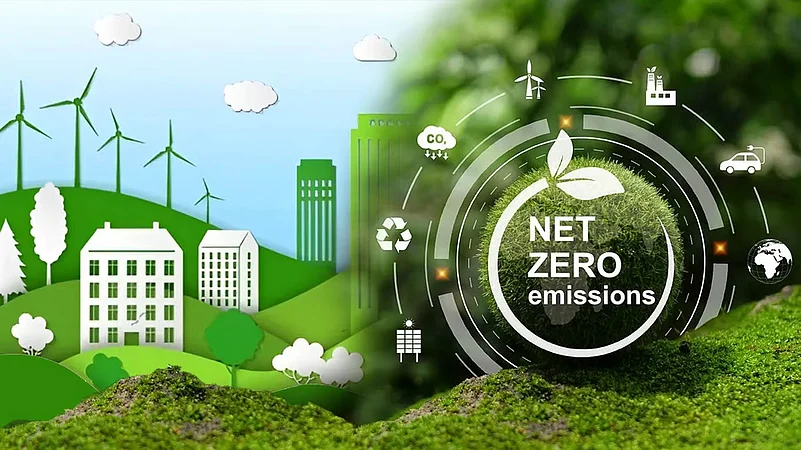Delhi's Indira Gandhi International Airport (IGIA) has become a net zero carbon emission airport, the first in the country to achieve this crucial milestone.
The recognition comes under the Airport Council International’s (ACI) Airport Carbon Accreditation (ACA) programme, with IGIA receiving the prestigious Level 5 certification.
DIAL had initially set its sights on achieving net zero carbon emissions by 2030. However, the airport has surpassed this goal well ahead of schedule through a combination of innovative strategies and proactive measures. These include the adoption of renewable energy, the development of green airport infrastructure, the promotion of electric vehicles, and the implementation of zero-waste-to-landfill programmes.
The airport has won the Level 5 certification by taking significant steps towards its net zero goal, such as reducing its Scope 1 and 2 CO2 emissions by 90 percent.
The remaining residual emissions have been offset through approved removal strategies, meeting the stringent requirements of the ACA programme.
Looking forward, DIAL has also committed to achieving net zero in Scope 3 emissions by 2050, which is in line with ACI’s frameworks and the global drive towards sustainability.
In 2016, the airport achieved carbon-neutral status and followed that up with Level 4+ transition accreditation in 2020.
With the Level 5 net zero emission accreditation achieved, IGIA has demonstrated its commitment to continual improvement and sustainability. According to DIAL, the next target for the airport is to address Scope 3 emissions by adopting sustainable aviation fuel options.

























